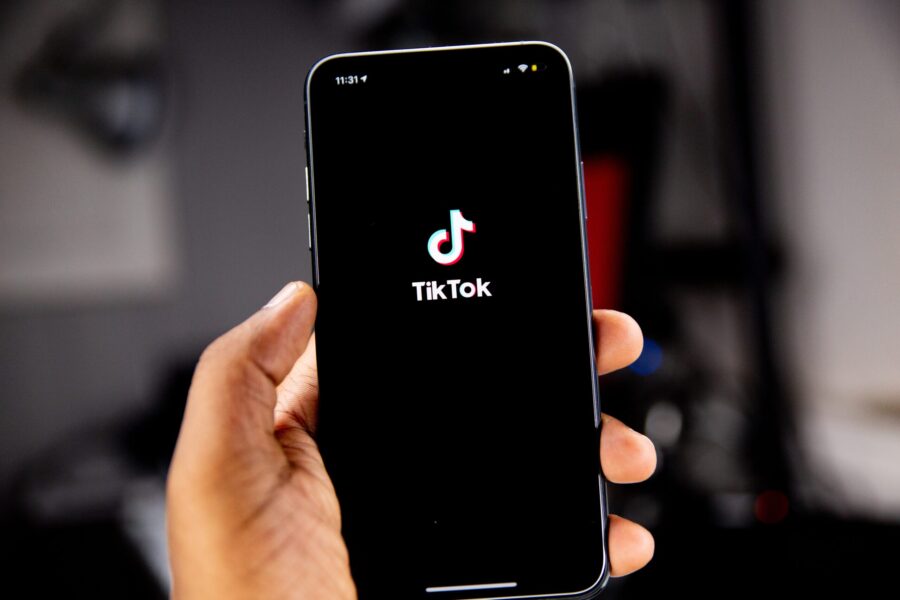How TikTok Impacts Your Mental Health
Nearly 6 in 10 teens use TikTok daily, but little is known about its effects on the brain, The Guardian reports. TikTok grew explosively during the pandemic, especially among young people, but its impact is largely unknown, leading to concerns about mental health.
It is the preferred social media app for Gen Z, increasingly referred to as “the TikTok generation,” but little research has been done on the platform. “It’s embarrassing that we know so little about TikTok and its effects,” said Philipp Lorenz-Spreen, a research scientist at the Max Planck Institute for Human Development in Berlin.
“We owe it to ourselves and to the users of these platforms to understand how we are changed by the screens we use and how we use them,” said Dr. Michael Rich, a pediatrician studying the impact of technology on children at Boston Children’s hospital.
In 2021, Frances Haugen became a whistleblower at Facebook, revealing internal research that showed the company was aware its products were harmful to teen mental health, causing a rise in eating disorders among teen girls in particular. As a result, Facebook has faced mounting public pressure for greater regulation. But TikTok hosts similar pernicious content.
And because TikTok prioritizes view time spent on the platform, rather than clicks and likes and other forms of engagement, the “company has deployed a unique algorithm and a landing page that marks the most extreme departure yet from a chronological to an algorithmic feed.”
“What that does to the brain, we don’t know,” said Lorenz-Spreen.
What we do know is not encouraging. Studies have shown that algorithmic feeds – as opposed to chronological ones – tend to favor more extreme content. Studies have shown that “more than 70% of extremist content found on YouTube was recommended to users by the algorithm.”
Another concern is TikTok’s unique “platform spirit,” a term coined by researcher Michael Ann Devito to describe the culture or ethos of a digital space, which developed as young people struggled to collectively cope with the pandemic. “The platform spirit of TikTok seems to be about posting very loudly about very intimate and intense things,” said Yim Register, a researcher who studies mental health and social media.
“I truly believe years from now people will deeply regret trauma dumping on TikTok,” a user comments in a video that’s gone viral, noting that people are much less likely to share such content on Facebook or YouTube. “What is it about TikTok that drives people to reveal their deepest, dirtiest secrets?” And such disclosure comes without the confidentiality and “safety net” of a clinical therapeutic environment, pediatrician Michael Rich notes, where trauma or abuse can be addressed in appropriate, healthy ways.
In short, when it comes to social media platforms, Rich cautions, “We need more information to make informed decisions on how we’re going to help younger people understand how to use them thoughtfully and mindfully – or not use them at all.”
Read the full article here.
Paul, Kari. “What TikTok does to your mental health: ‘It’s embarrassing we know so little.'” The Guardian, 30 Oct 2022, https://www.theguardian.com/technology/2022/oct/30/tiktok-mental-health-social-media.
Photo by Solen Feyissa on Unsplash



